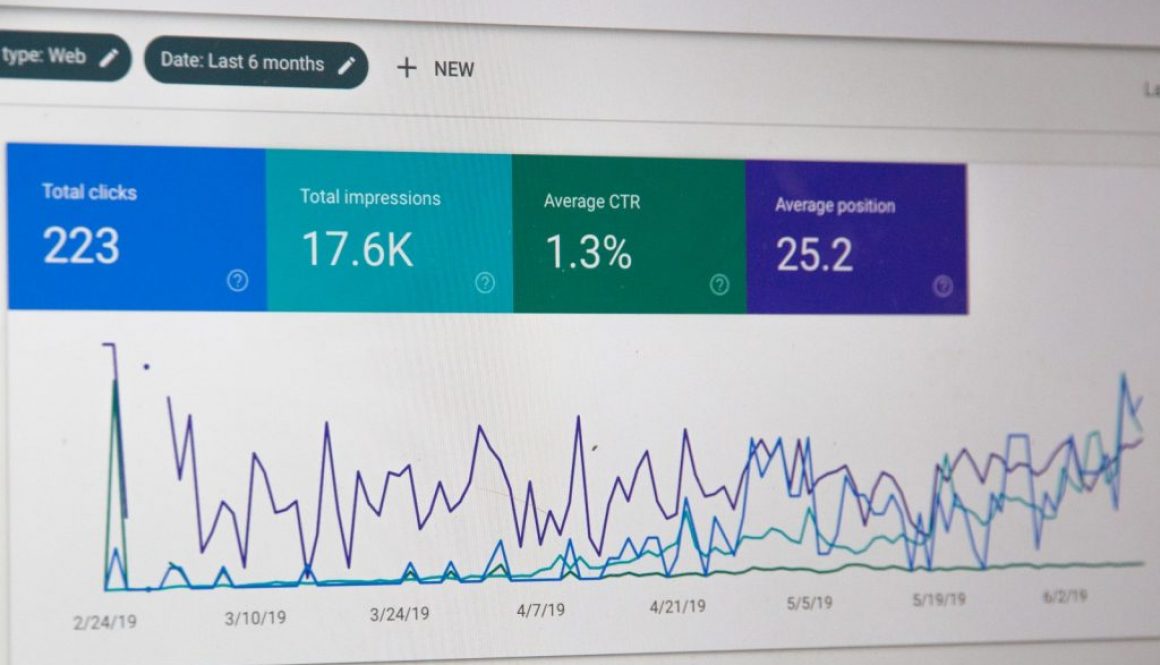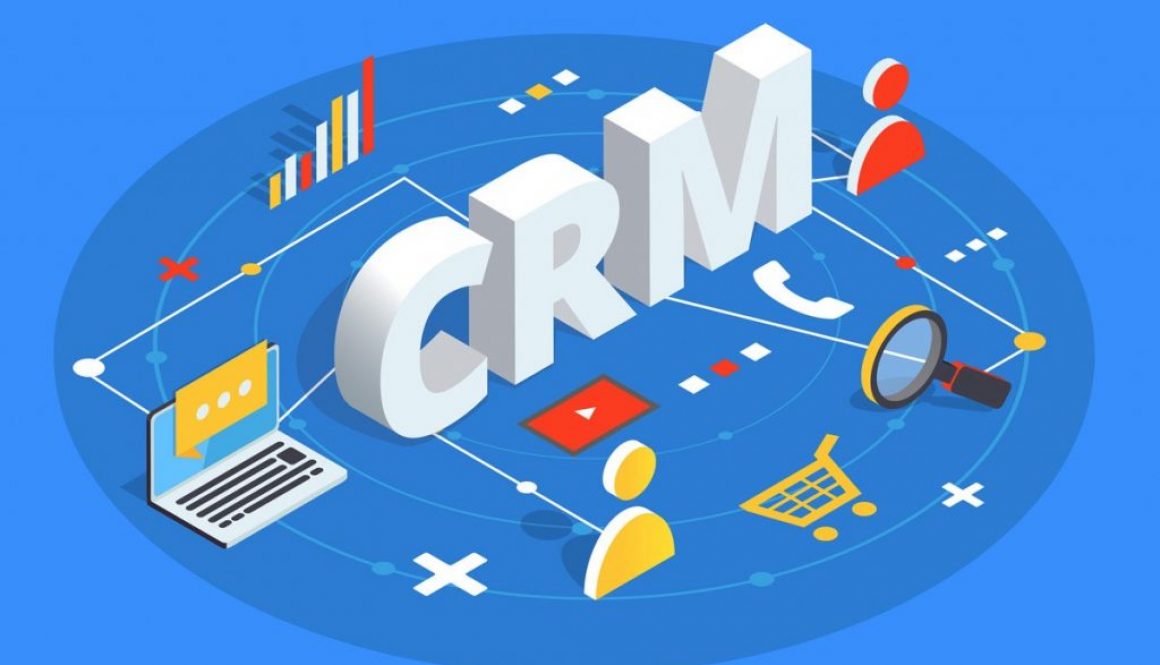Staking Your Claim in the Data Rush
“Data is the new oil.”
Unless you have been living under a rock for the last 15 years, you have probably heard the phrase “data is the new oil.” It was 2006 when Clive Humby, a mathematician and entrepreneur originally coined the phrase – and it has been echoed by thousands ever since.
Clive Humby probably never expected this phrase to make such a lasting impression but it really was the perfect comparison. Oil and data have a lot in common.
Look around you, in some way or another, oil has played a crucial role in the existence of everything around you. Many everyday items are a product of oil, they are manufactured in a factory powered by oil, then transported by vessels which are also powered by, you guessed it, oil.
Today, data is making just as much of an impact. Data is used in a multitude of ways that influence decision making in government, public policy, healthcare, science, and of course business.
Society relies on data and oil to make things go. For that reason they are considered valuable commodities – that many governments, policy makers and businesses are desperately trying to get their hands on. Data and oil are power. Without them, making things happen can be challenging.
Most importantly, when we drill for oil or mine for data, to do so successfully requires some knowledge and the right tools. Otherwise it could be a colossal waste of time and resources. To drill for oil requires knowledge of where the oil might be and how to extract it. It requires machinery, and man power. Once the oil has been extracted, it needs to be refined so it can be used in its full potential.
The same goes for data. There must be knowledge of where to collect data and how to extract it. It requires specific technology and manpower. Then once the data has been collected, it needs to be refined so it can be used to its full potential.
Unlike drilling for oil, you won’t break your back trying to collect data. But it does require some effort. Collecting data is the first step in answering those valuable questions before we can refine it and get its true value.
Here are some best practices for collecting data:
Have a robust internal system:
Collecting data in-house is the best practice when solving internal business challenges or identifying opportunities. To collect data in-house means that information is being recorded and stored internally on a consistent basis. Typically data is collected and stored in a customer relationship manager (CRM). And if your team is using your CRM, you probably have a pretty decent set of data to get insights from. If they aren’t using the CRM to its full potential – you should really consider it. Having some data, even if it is incomplete, is better than having no data at all.
If you are not sure what to collect, it is still a great practice to capture as much data as you can. It’s never possible to know exactly what’s going to be of value in future. So collecting data in a structured format that can be translated into information and insights down the road and can create new opportunities in the future. And the good news is that data storage is cheap these days, so holding onto that data isn’t going to make much of a dent in your budget.
Buy data from third parties:
There are times when a company is unable to collect their own data because they could be a start-up, a company looking to enter a new market, or there is a major gap realized in the current set of data. Instead of starting from scratch, buying data from third parties is a good option. There are plenty of data sets out there that third party data brokers have carefully taken the time to put together. They have a wide variety of data sets that are usually made up of data that is challenging to collect, data that is challenging to access, or very large sets of data – that could take decades to collect.
If you aren’t sure where to start, Quandl and Explorium are reputable data brokers with plenty of data to go around.
Use third parties to buy training data: .
If you are looking to partake in the AI and Machine Learning boom and want to take on a project, the algorithms are going to require some training data to learn from. If there is a shortage of training data available, third parties are also a good solution for this as well. Third parties can provide data sets a lot faster and efficiently rather than trying to put together a set of training data
There are many options for training data, check out Hive, Scale, NTT Data, or Weights and Biases.
Use third parties to collect training data:
There are times where third party data brokers don’t have the exact set of data needed to answer that million dollar question. When specific data is needed but maybe your team doesn’t have the manpower, tools, or time to collect data there are third parties that can collect that data for you. Once again, long behold the third party data collectors. One of the most popular examples of this is Amazon Mechanical Turk. A platform that individuals from around the world collect data based on the instructions they have been provided with.
Scrape data off the internet:
As everyone is aware — there is a lot of data on the world wide web, readily available at the tips of our fingers. This practice does require some expertise to create specific tools. But once that has been handled, very specific data can easily be scraped off the internet, parsed and used accordingly. Please be respectful of the terms and conditions of where you scrape data from though! Only do it if you allowed to do.
For example, something that our team has been successful at while scraping data off the internet for lead generation. Instead of sales reps spending hours prospecting qualified leads, our team created a tool that scrapes data off service providers websites such as lawyers and accountants to generate leads. The information was parsed and then put directly into the CRM to be accessed by the sales team. With the right expertise, a tool can be created to collect data on anything and be used to answer that million dollar question.
Ready, set, mine.
The top two reasons that businesses don’t collect data is because it appears to be either too intimidating or time consuming. What this really comes down to is not seeing value and the potential prosperity that could be uncovered. Data drives decision making and uncovers new opportunities. If data collection isn’t a priority, opportunities and insights are being left undiscovered, while challenges are being left unaddressed – both now and in the future. Which can equate to hundreds of thousands of dollars slipping through your fingers.
Collecting data is the easiest part of the process, especially with a little bit of guidance. Refining it is where things can start to become a bit trickier. Luckily, there are data experts out there who can help you uncover the true value of your data.














